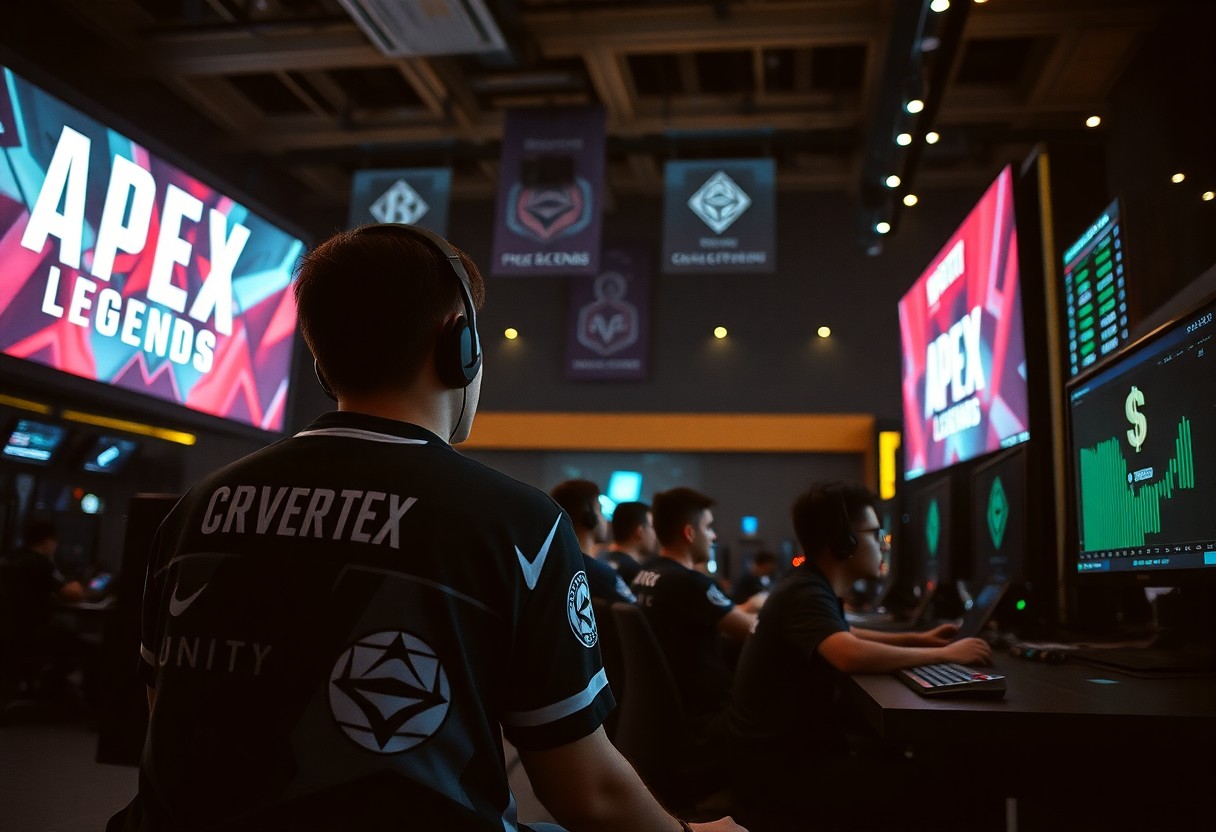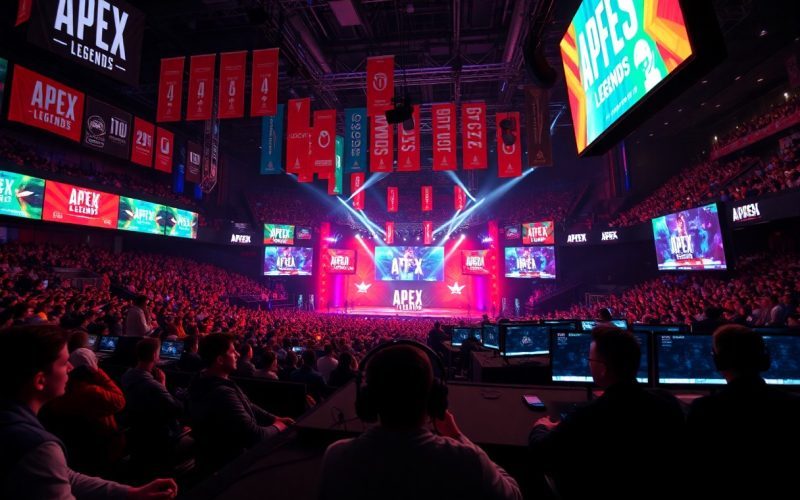Over the past few years, the gaming industry has witnessed a remarkable shift in sponsorship dynamics, especially in competitive arenas like Apex Legends. One of the most notable trends is the increasing reliance of esports organizations on cryptocurrency sponsors. The reasons behind this trend can be attributed to multiple factors, including rapid growth in the crypto market, the unique attributes of cryptocurrency companies, and an ever-evolving digital landscape.
Firstly, the cryptocurrency market has seen explosive growth, garnering significant investments and mainstream recognition. With the explosive growth often comes a vast pool of marketing budgets that cryptocurrency firms are willing to allocate to emerging sectors, such as esports. As the gaming community becomes more integrated with the digital economy, brands are increasingly drawn to platforms that resonate with tech-savvy audiences. Apex Legends, renowned for its engaging gameplay and active player base, presents a prime opportunity for these companies.
Moreover, crypto sponsors often offer innovative solutions that align with the ethos of gaming, such as blockchain technology for secure transactions and enhanced community interaction. These sponsors are not just traditional brands; they embody the spirit of modern finance and technology, which speaks to the gamer demographic that is frequently characterized as digital natives. This connection enhances the authenticity of the sponsorship, making it appealing for both the organizations and the players.
Additionally, esports organizations look to diversify their revenue streams, especially in a competitive market where traditional sponsorships may fall short. Cryptocurrency sponsorships provide a novel avenue that comes with high visibility and engagement potential. These partnerships don’t just revolve around financial compensation; they often include fan engagement initiatives, NFTs, and exclusive in-game items that bring players into the crypto ecosystem. This mutual benefit not only promotes the sponsor but also deepens the engagement of the gaming community.
Furthermore, the dynamics of traditional sponsorship deals are changing. Companies are recognizing that merely having their logos on jerseys or websites is not enough to capture the interest of a digital-savvy audience. Instead, more immersive and interactive campaigns are becoming the norm. Crypto sponsors are heavily invested in providing content that matters to gamers, minus the stereotypical promotional slogans. Tapping into the culture of gaming through interactive competitions, giveaways, or exclusive drop events helps solidify a partnership’s success.
Finally, the regulatory aspect of cryptocurrencies can also play a role. As some regions start to embrace cryptocurrencies more openly, esports organizations find themselves in a favorable position to align with sustainable and compliant partners. This regulatory evolution can facilitate long-term collaborations that become pillars of support for their operational budgets.
In summarization, the significant reliance on cryptocurrency sponsors by Apex Legends organizations reflects a broader trend toward innovative funding models in esports. With their unparalleled growth, authentic connection with the gamer demographic, and a range of engagement opportunities, crypto sponsors are creating an ecosystem where both parties can thrive. As the gaming landscape continues to evolve, these partnerships will likely prove beneficial for all involved, helping to shape the future of esports finance.






